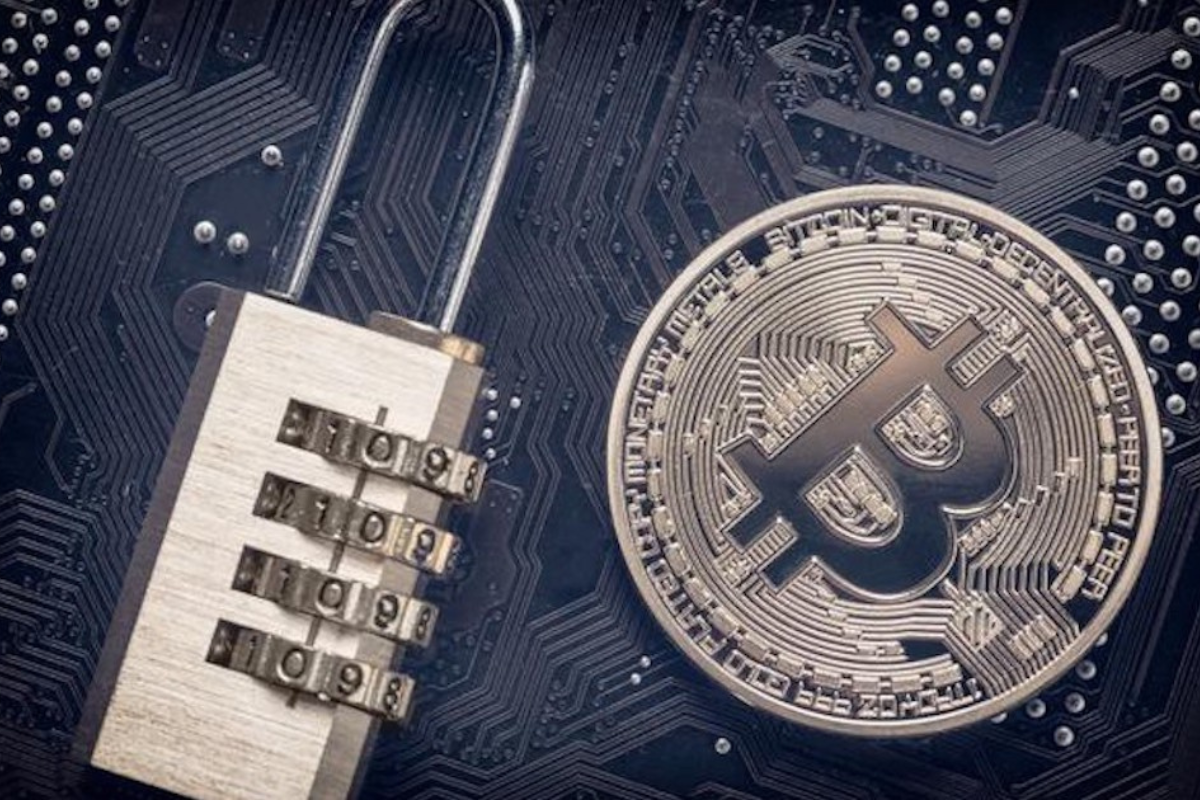
Cryptocurrency wallet security refers to the measures taken to protect digital assets stored in wallets from unauthorized access, theft, or loss. It involves a combination of technological, procedural, and educational strategies to create a robust defense against potential threats.
As the adoption of cryptocurrencies grows, so does the interest of malicious actors seeking to exploit vulnerabilities. Prioritizing wallet security is essential to safeguard your investments and maintain trust in the decentralized ecosystem.
Hardware wallets, often considered the gold standard for security, are physical devices that store private keys offline. This significantly reduces the risk of online threats such as hacking.
Software wallets encompass desktop, online, and mobile wallets. While convenient, they are susceptible to malware and phishing attacks. Proper security measures are crucial when utilizing software wallets.
Paper wallets involve generating and storing private keys on a physical document. Though offline, they can be prone to physical damage or loss.
Mobile wallets offer convenience but demand stringent security practices. They are vulnerable to malware and unauthorized access, emphasizing the need for protective measures.
Phishing attacks involve tricking users into revealing sensitive information. Vigilance and awareness are key to avoiding falling victim to these deceptive tactics.
Downloading malicious software or falling prey to viruses can compromise wallet security. Regular system scans and secure browsing practices mitigate these risks.
Physical theft poses a tangible threat, especially with hardware or paper wallets. Storing them in secure locations and using additional security layers can deter theft.
Connecting to unsecured networks exposes wallets to potential breaches. Utilizing Virtual Private Networks (VPNs) and other encryption methods enhances network security.
Hardware wallets provide an offline, secure environment for storing private keys. Investing in a reputable hardware wallet is a proactive step toward enhancing security.
Regularly updating software wallets ensures that the latest security patches are applied, reducing vulnerability to exploits.
Adding an extra layer of authentication strengthens overall security. Two-factor authentication (2FA) is a widely adopted method to enhance login security.
Creating backups of your wallet, especially before making significant transactions or updates, safeguards against data loss or device failure.
Crafting strong, unique passwords adds an additional barrier against unauthorized access. Combining uppercase and lowercase letters, numbers, and symbols enhances password strength.
Regularly changing passwords minimizes the risk associated with compromised login credentials. Consider implementing a password manager for added convenience and security.
Staying Informed on Latest Threats
Remaining updated on evolving security threats enables users to adapt their protective measures accordingly.
Engaging with cryptocurrency communities provides valuable insights and advice on security best practices.
Consulting security professionals or experts in the field ensures a deeper understanding of personalized security needs.
Complying with existing regulatory standards ensures legal and secure cryptocurrency practices. Staying informed about jurisdiction-specific regulations is crucial.
Implementing KYC practices adds an additional layer of identity verification, contributing to a more secure user environment.
In the unfortunate event of a security breach, taking immediate action, such as freezing accounts or reporting incidents, is crucial to mitigating potential damage.
Cooperating with relevant authorities facilitates investigations and aids in the pursuit of justice against malicious actors.
Advancements in technologies like biometrics and quantum-resistant cryptography show promise in fortifying wallet security.
Enhancements in user authentication methods aim to provide a seamless yet secure experience for cryptocurrency users.
While not mandatory, a hardware wallet is highly recommended for those prioritizing maximum security.
Regular updates are crucial; aim for at least monthly checks for the latest security patches.
Immediately report the incident and avoid clicking on any suspicious links or providing personal information.
Quick action is vital; freezing accounts and reporting to authorities increase the chances of recovering funds.
KYC practices add an extra layer of identity verification, reducing the risk of unauthorized access and fraudulent activities.
As the cryptocurrency landscape evolves, prioritizing wallet security remains paramount. Implementing a combination of hardware solutions, robust passwords, and staying informed ensures a resilient defense against potential threats.
Embracing secure practices not only protects your assets but also contributes to the overall integrity and trustworthiness of the cryptocurrency ecosystem.
… [Trackback]
[…] Information on that Topic: qasautos.com/why-cryptocurrency-wallet-security-should-be-your-top-priority/ […]
… [Trackback]
[…] Info on that Topic: qasautos.com/why-cryptocurrency-wallet-security-should-be-your-top-priority/ […]
… [Trackback]
[…] Read More Information here on that Topic: qasautos.com/why-cryptocurrency-wallet-security-should-be-your-top-priority/ […]

WhatsApp us